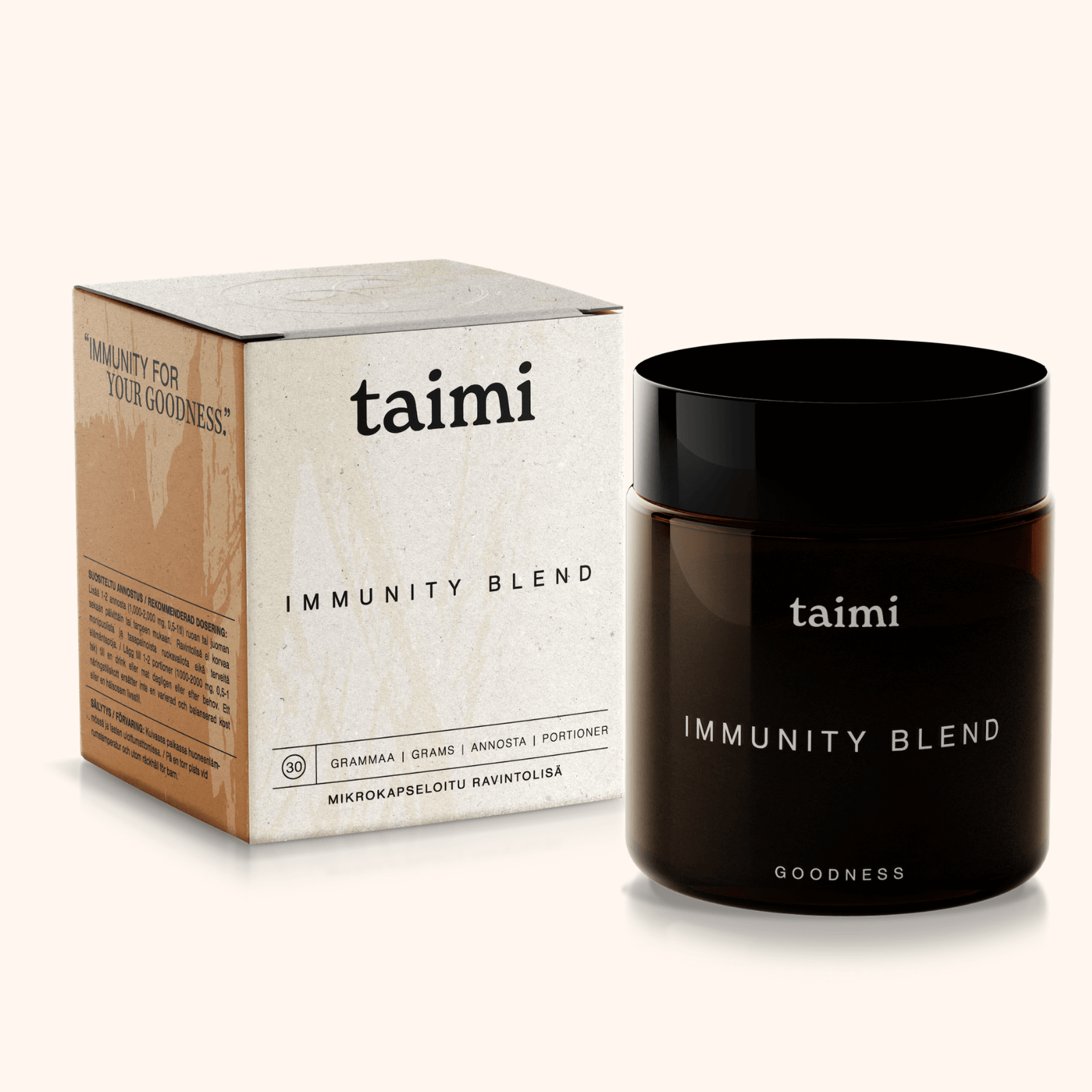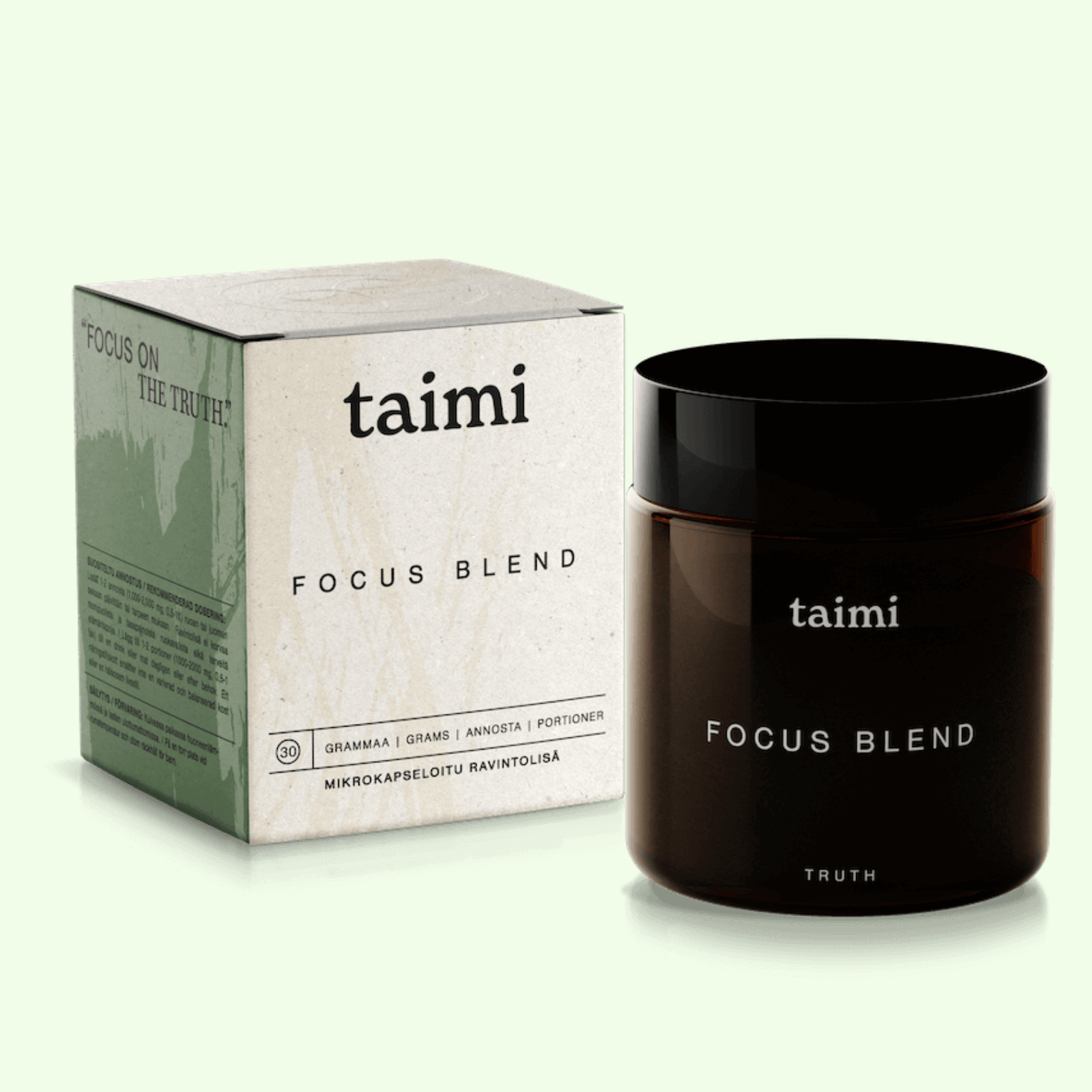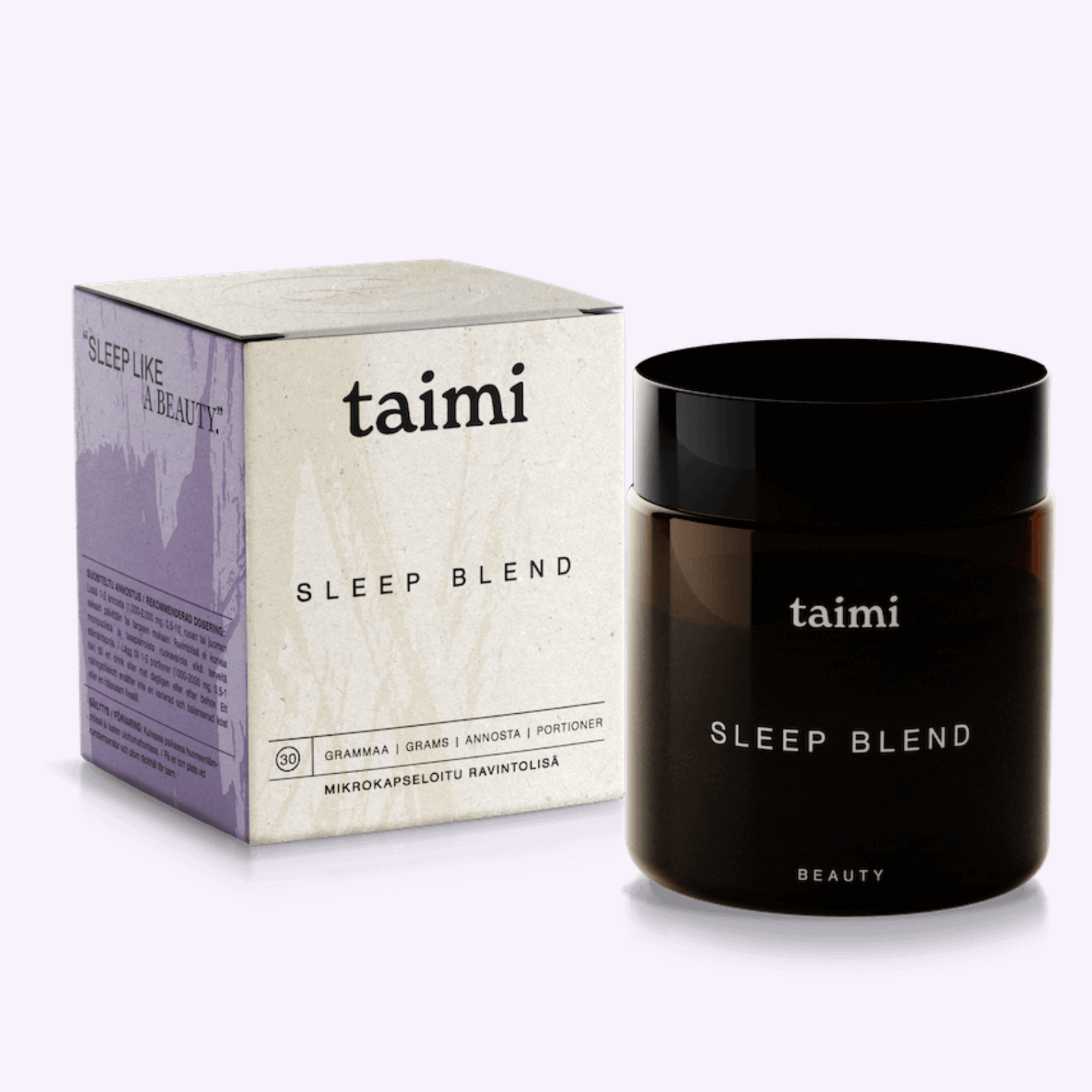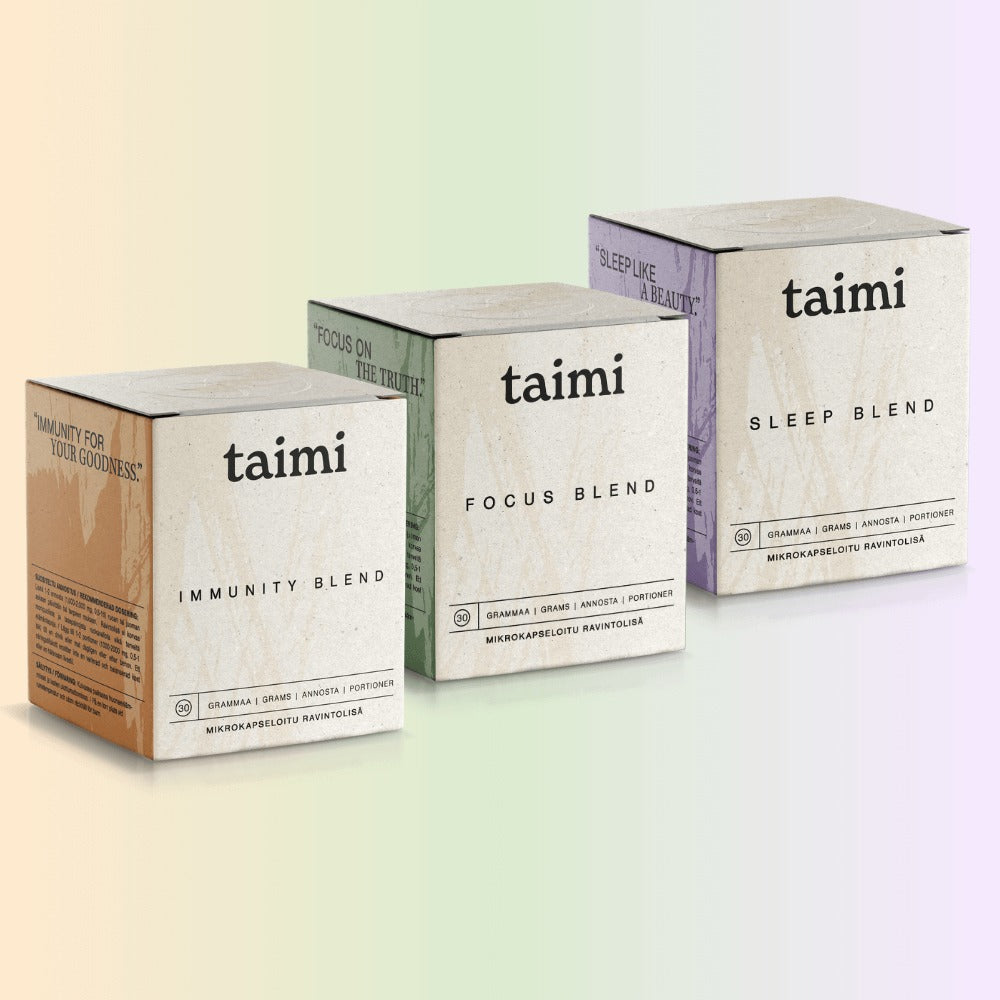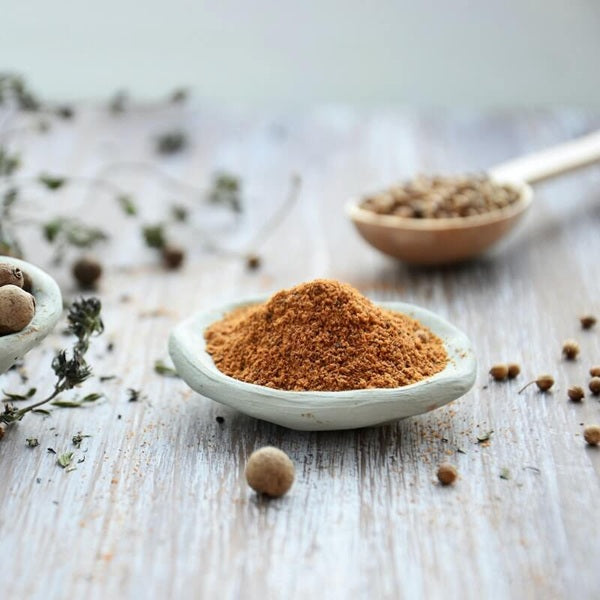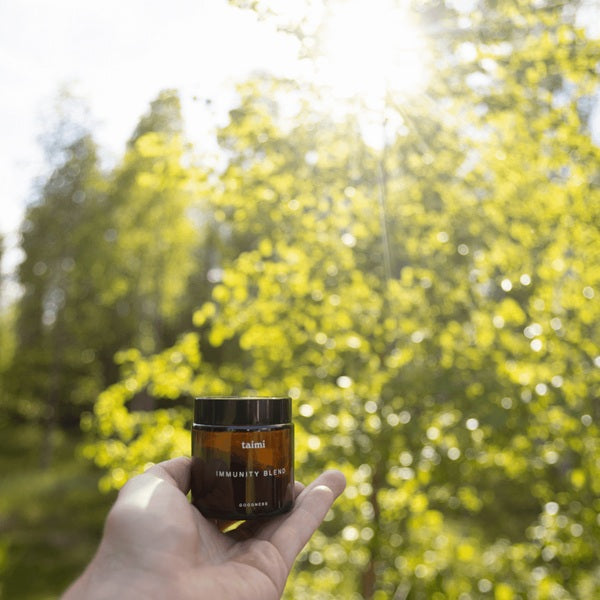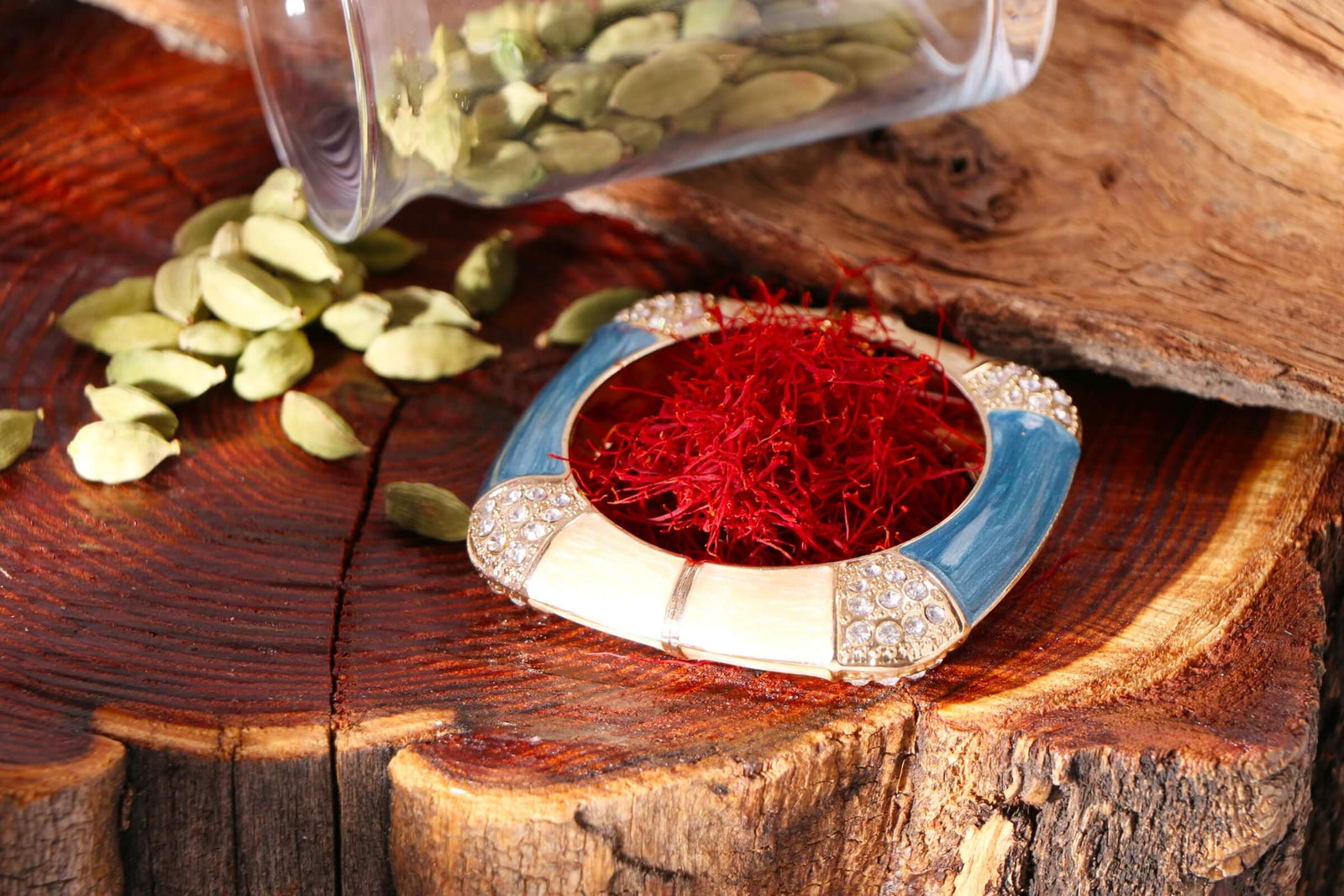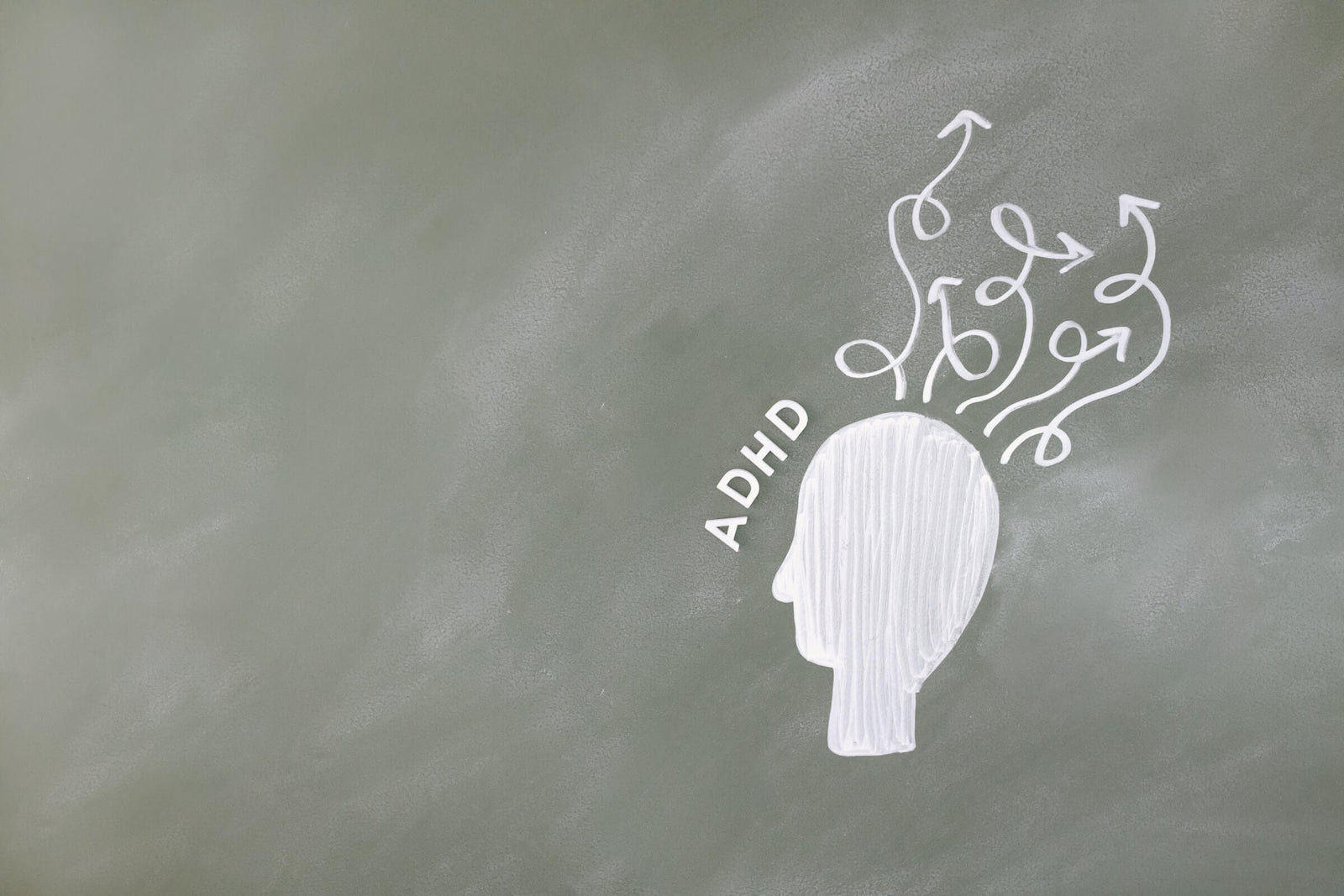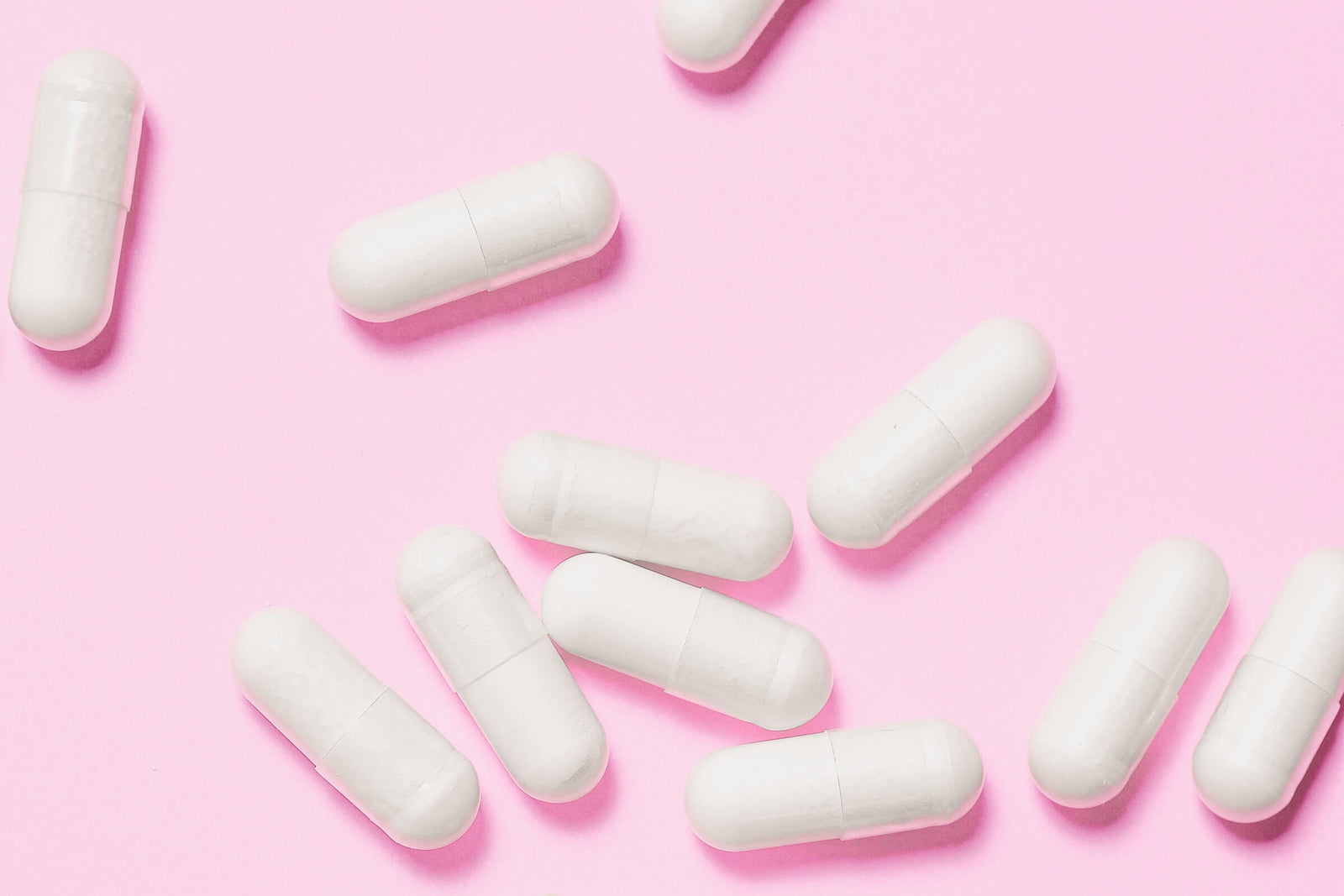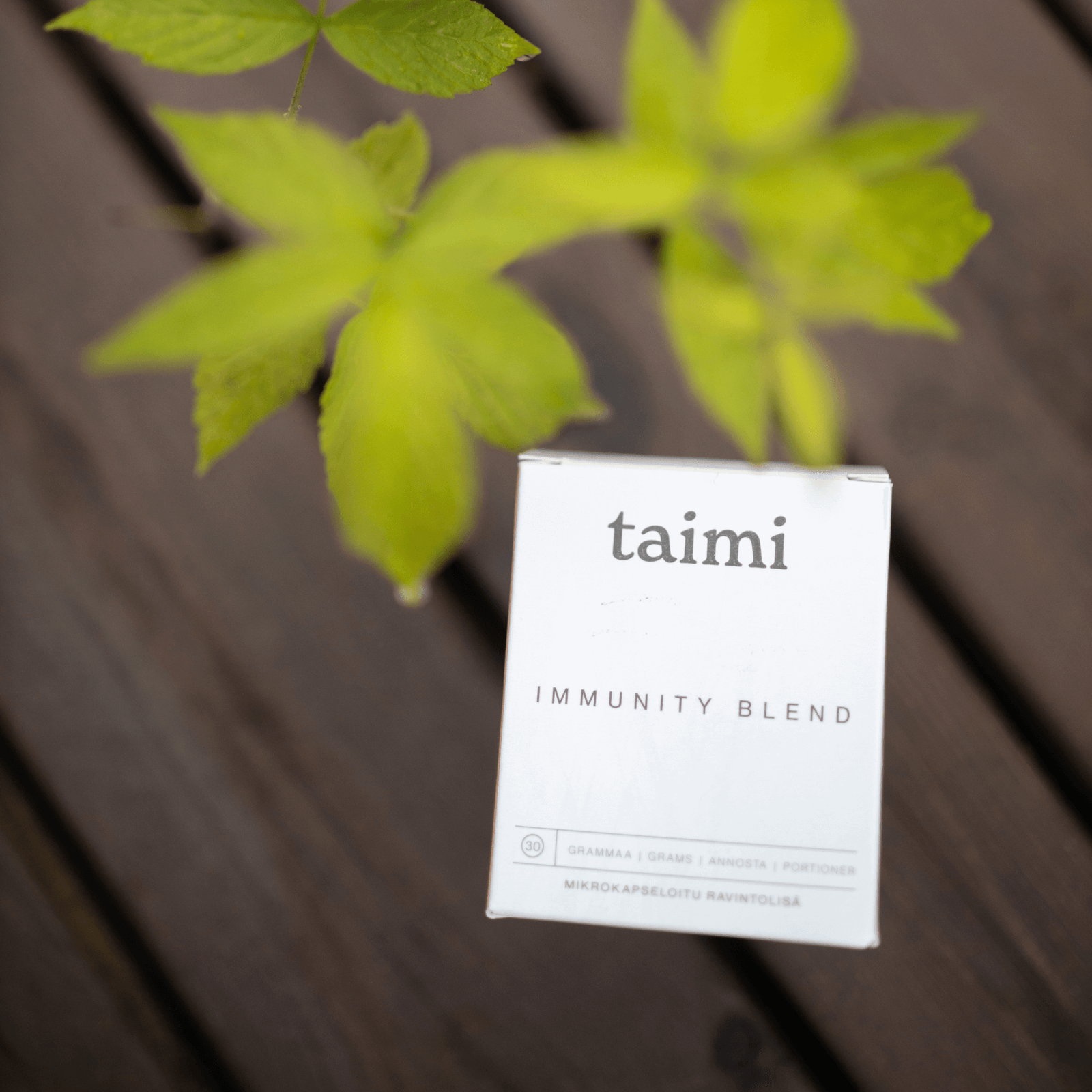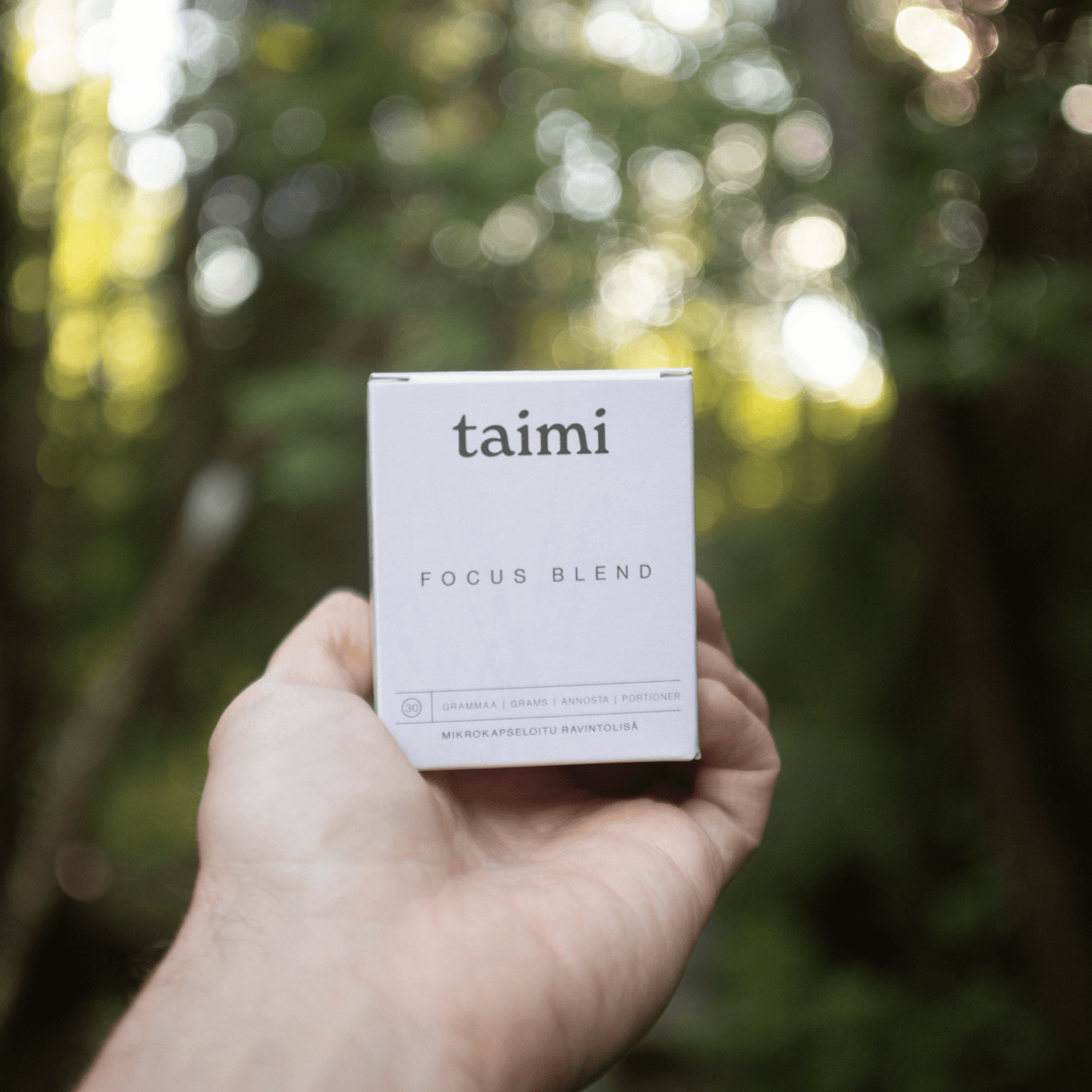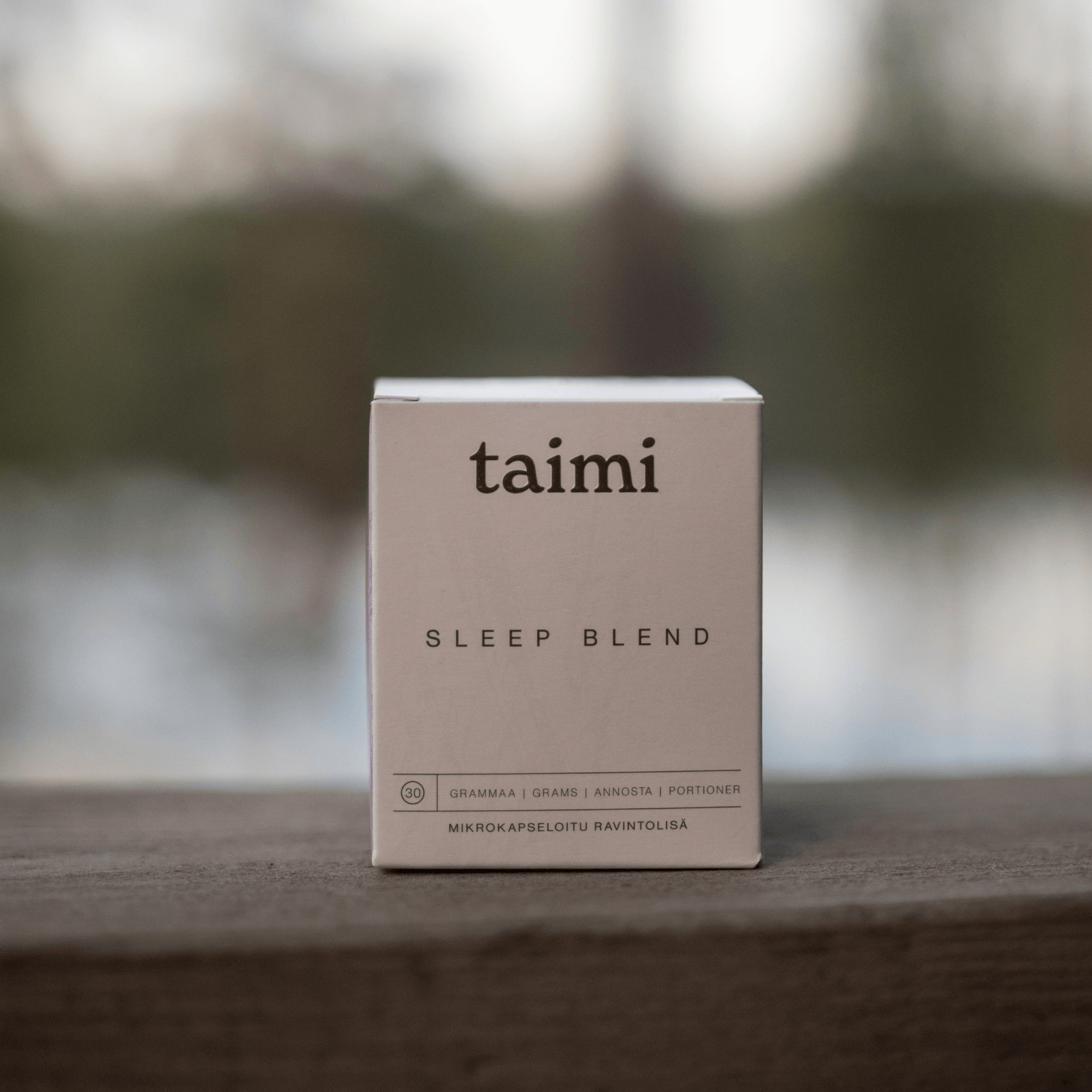Saffron is the most expensive spice in the world due to its color, taste and health benefits. What medicinal properties does it have? The list is long and constantly growing.
Saffron is usually sold in very small quantities because it is so expensive. But why is it so expensive? This will be clear soon!
What is saffron?
Saffron (Crocus sativus) belongs to the Iridaceae family of flowering plants and is a perennial plant that grows from bulbs and blooms in autumn. The saffron spice actually comes from the part inside the saffron flower called the "pill", which is separated and dried. Dried bullets are of great value in the production of cosmetics, the pharmaceutical industry and the textile dye industry, as well as in cooking. The saffron flower is purple in color, but the spice is intense red.
How much does saffron cost? One kilo can cost up to 5,000 euros, making it the most expensive spice in the world. Why is saffron the most expensive spice in the world? Up to 125,000 flowers are needed to produce one kilogram. Growing and harvesting saffron requires a lot of manual labor, which is why the price of saffron is so high. This exotic and expensive spice is native to southern Europe, but can now be found in many countries. It is grown all over the world on every continent except Antarctica, and currently the largest producer is Iran.
Is saffron healthy? Yes, this spice has been used for centuries for many different purposes. Egyptian healers used it to treat digestive tract ailments, and in Roman times it was used to promote wound healing and relieve upper respiratory ailments. Other uses of saffron in traditional medicine include, among others, an abortion drug and the treatment of convulsions, fever, colds, bronchitis and insomnia. In Ayurvedic medicine, it was used as a cough medicine, sedative, anti-asthma herb, adaptogen, menstrual medicine and in various opioid preparations for pain relief in the 16th-19th centuries.

Health benefits of saffron
1. Saffron supports the health of the heart and blood vessels
Recent research shows that the ingredients in saffron are very promising in promoting cardiovascular health. In particular, heat shock proteins (HSP) 27, 60 and 70 are significantly associated with metabolic syndrome and atherosclerosis, so researchers wanted to investigate the effect of this herb on HSP antibody titers in patients with metabolic syndrome.
A study published in the Journal of Complementary & Integrative Medicine measured the levels of heat shock proteins 27, 60, 65, and 70 during supplement use in 105 participants diagnosed with metabolic syndrome. Participants were randomly assigned to two groups and given either 100 milligrams per day of placebo or saffron. After three months, antibodies against heat shock proteins 27 and 70 decreased significantly in the saffron group.
2. Saffron treats erectile dysfunction
Erectile dysfunction affects more than 150 million men worldwide. In traditional medicine, saffron is an aphrodisiac, and its chemical compound known as crocine is thought to be responsible for its aphrodisiac effect. In a pilot study evaluating this traditional use, 20 male participants with erectile dysfunction were evaluated for 10 days. Each morning, participants took a 200mg saffron supplement. The participants were given a nocturnal penile swelling test and the International Index of Erectile Function questionnaire (IIEF-15) at the beginning of using the dietary supplement and after 10 days.
After ten days of use, there was a statistically significant improvement in penile stiffness. The total scores of the ILEF-15 questionnaire were also significantly higher. Saffron had a positive effect on men's sexual performance, as the duration and number of erectile events increased after 10 days of use. Thus, this traditional spice would also seem to work as a natural remedy for impotence.

3. Saffron relieves PMS symptoms
PMS (premenstrual syndrome) is one of the most common health problems in women, affecting 20-40% of women of childbearing age. Since saffron has been considered an excellent anti-spasmodic agent, researchers at Tehran Medical University's Vali Asr Reproductive Health Research Center evaluated whether it could also relieve PMS symptoms. Women aged 20-45 who had regular menstrual cycles and had PMS symptoms for at least six months participated in the study . The women were randomly assigned to either group A, which received a 15-milligram capsule of saffron twice a day in the morning and evening, or group B, which received a placebo capsule twice a day for two menstrual cycles.
Women were assessed for PMS symptoms using the Premenstrual Daily Symptoms (PDS) questionnaire and the Hamilton Depression Rating Scale (HAM-D). The results showed that in both tests (PDS and HAM-D), women in the saffron group improved significantly compared to pre-treatment symptoms and the placebo group.
4. Saffron relieves anxiety and depression
Depression is a significant problem in today's society, with a lifetime prevalence estimated to be as high as 21 percent of the population in some developed countries. Since Persian traditional medicine uses saffron to treat depression, the researchers wanted to evaluate its effectiveness in treating mild to moderate depression in a six-week clinical trial.
Thirty adult outpatients who met the requirements of the clinical interview for depression participated in the study . Participants had a baseline Hamilton Rating Scale for Depression score of at least 18. In a double-blind, single-center study, participants were randomized to receive an herbal capsule (30 milligrams per day) in group 1 or the antidepressant imipramine capsule (100 milligrams per day) in group 2 for a six-week study. At this dose, saffron was found to be similar to imipramine in relieving mild to moderate depression.
In another study published in the Journal of Complementary & Integrative Medicine, 60 adult participants with anxiety and depression were randomized to receive a 50-milligram capsule of saffron or a placebo twice daily for 12 weeks. The Beck Depression Inventory (BDI) and Beck Anxiety Inventory (BAI) questionnaires were used at baseline and six and 12 weeks after starting medication. 54 participants completed the study. The result was that the saffron supplement had a significant effect on depression and anxiety scores compared to placebo over 12 weeks.

5. Saffron promotes sleep quality and falling asleep
Regular and high-quality sleep is essential for good health and a meaningful life, but insufficient sleep is a significant problem in today's 24-hour society. A considerable amount of scientific evidence suggests that insufficient sleep causes numerous physical and psychological problems.
A recent study investigated the effects of saffron extract on sleep quality in a randomized double-blind study. 66 subjects with mild to moderate anxiety-related sleep disorders participated in the study. After six weeks, a daily dose of 15.5 mg of saffron resulted in significantly better sleep quality, as demonstrated by actigraphy data, the LSEQ questionnaire, and the PSQI questionnaire. In addition, the addition of saffron extract led to a longer time spent in bed and an easier time falling asleep, while the addition of placebo did not affect these parameters. These findings indicate that saffron extract can be a natural and safe supplement to improve both the duration and quality of sleep.
What does saffron taste like and how can you use it?
Throughout the ages, saffron has been available in ground form and in whole pellets (part of the flower). Although attempts are made to imitate saffron due to its high price, there is no good substitute.
How to use saffron? It is used in many rice dishes and with vegetables, meat, seafood, poultry and baked goods. Saffron gives food a sharp taste and a beautiful yellow-orange color. Strands are used in many rice dishes as well as with vegetables, meat, seafood, poultry and baked goods. They bring a sharp, almost medicinal taste and a beautiful yellow-orange color to food. You can also make tea from saffron. It should be stored in an airtight container in a cool place and away from light.
Risks and side effects
Saffron is safe for most people when taken orally as a medicine for up to six weeks. Possible side effects may include anxiety, change in appetite, dizziness, drowsiness, dry mouth, nausea and headache.
It is possible to be allergic to saffron. If you are allergic to plant species such as ryegrass (Lolium), oil trees such as olive (Olea) and otakiloki (Salsola), you may be allergic to saffron. See a doctor if you think you have signs of a serious allergic reaction.
Large doses of this spice are typically dangerous and can cause poisoning. Symptoms are e.g. yellowing of the skin and eyes, dizziness, vomiting, bloody diarrhea or bleeding from the nose, lips and eyelids. Doses of 12-20 grams of saffron can cause death.

Pregnant women are not recommended to consume saffron in larger amounts than is normally found in foods, as large amounts can cause uterine contractions and cause miscarriage. Check with your healthcare professional before taking this medication if you are breastfeeding or are being treated for a medical condition, especially bipolar disorder, low blood pressure, or heart disease.
Combining saffron with other herbs or supplements that have blood pressure-lowering properties may increase the risk of hypotension (low blood pressure). Such herbs and supplements include kirata (andrografis), casein peptides, fish oil, CoQ10, L-arginine, nettles, and Lycium (eg goji berry). Check with a healthcare professional before adding saffron along with other medications or supplements.
Final canet
- Saffron has been used in traditional medicine for centuries and is still a prized spice for medicinal purposes around the world.
- Research shows that it can help relieve PMS symptoms, depression and anxiety, and improve sleep quality.
- Saffron is an aromatic, taste-enhancing and health-promoting addition to many recipes, from side dishes to main dishes and desserts.
- As with everything, dosage is what makes saffron either healthy or toxic.

